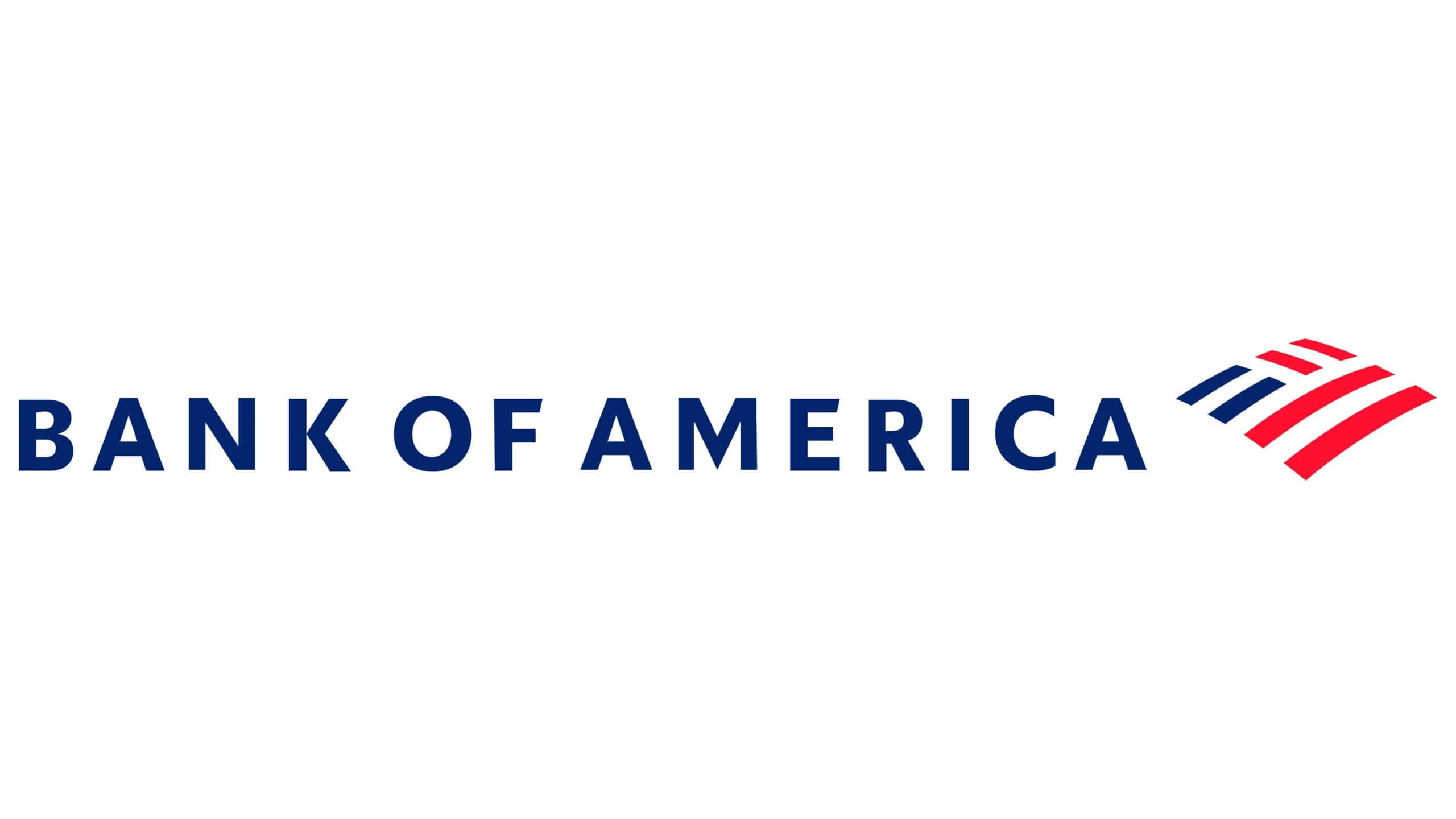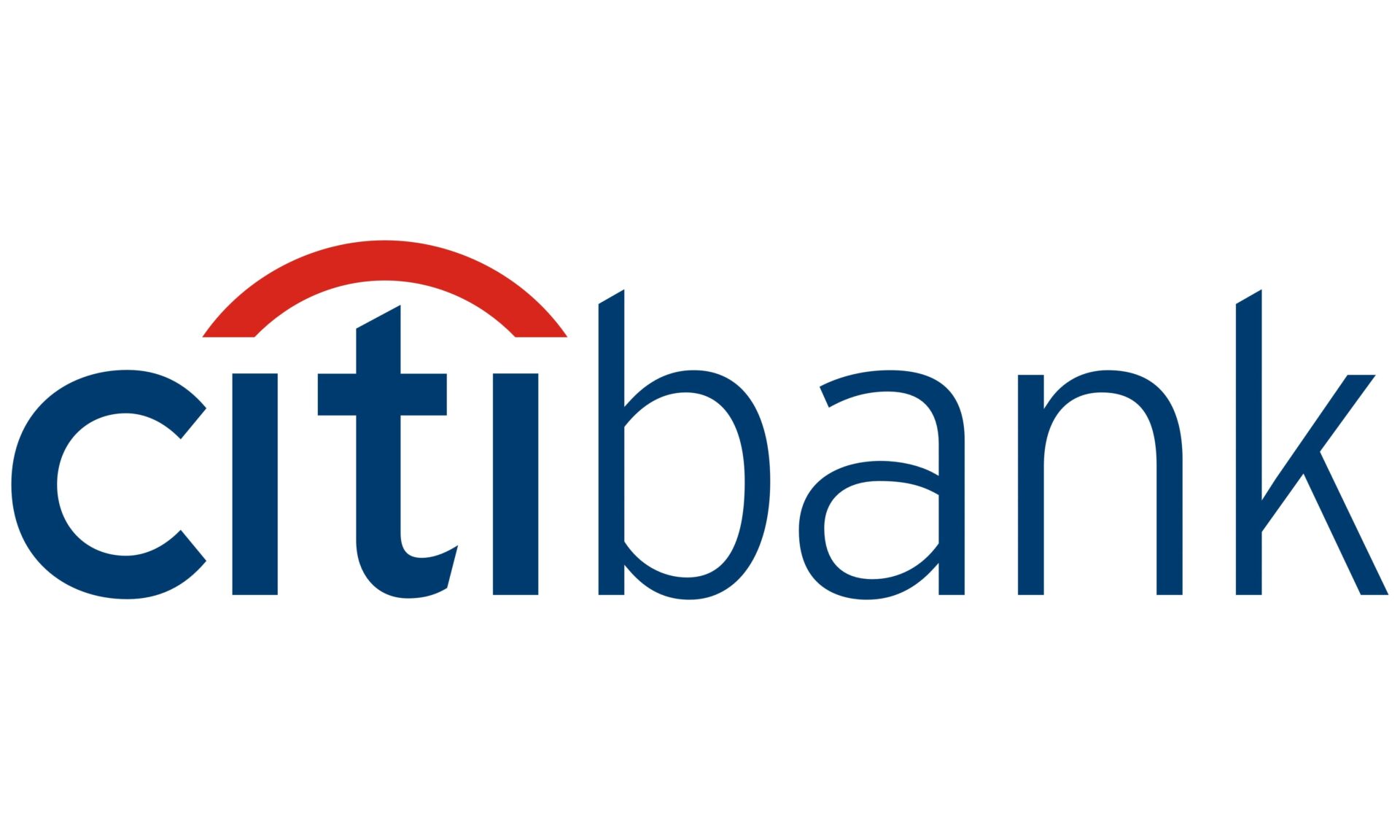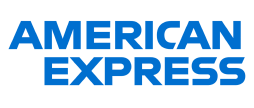Small business loans provide funding for business owners to run and grow their companies. These loans can be obtained from traditional banks, credit unions, and online lenders. Usually, the funds are given as a lump-sum payment and repaid monthly unless the lender specifies otherwise.
In this guide, we’ve reviewed the top banks for small-business loans, evaluating them based on their commercial and industrial lending volume, product offerings, qualifications, and other key features.
>> Apply for a Small-Business Loan With Bluevine >>
8 Best Banks for Small-Business Loans
- Bluevine – Best Overall
- Chase Bank – Best for Small Loans
- Bank of America – Best Customer Relationships and Loyalty Programs
- Capital One – Best for Credit Lines Up to $5 million
- U.S. Bank – Best for Startups
- Citibank – Best for Simple Options and In-Person Service
- American Express – Best for Business Lines of Credit
- Fifth Third Bank – Best for Fast Approval with Minimum Documentation
Bluevine is an excellent online lender offering short-term business lines of credit, with funding available as soon as the same day. We chose Bluevine for its flexible credit lines ranging from $5,000 to $250,000, which can be repaid on a weekly or monthly basis.
- Weekly Repayment: Payments made weekly over 26 weeks
- Monthly Repayment: Payments made monthly over one year
Bluevine is ideal for businesses seeking a short-term line of credit with flexible repayment options.
- Quick decision within five minutes
- Instant funding with a Bluevine business checking account or within 24 hours otherwise
- Lines of credit up to $250,000
- Low credit score requirement
- No mobile app for the line of credit
- Monthly revenue requirement
- Not available to businesses in Nevada, North Dakota, South Dakota, Puerto Rico, and other U.S. territories
>> Boost Your Business With Bluevine Financing >>
Chase Bank holds the second-largest business loan portfolio in the U.S., offering various funding options for small businesses, including business credit cards, SBA loans, and business lines of credit.
Chase provides small business loans starting at $5,000, with no early repayment penalties for term loans under $250,000. Both term loans and lines of credit are available up to $500,000, which is lower than some other lenders.
Chase is perfect for business owners who prefer the traditional in-person banking experience. You’ll need to visit a branch to discuss options with a loan representative. While Chase doesn’t disclose specific requirements, you’ll likely need established experience and revenue to qualify.
- Low-interest rates for small loans
- Extensive branch network for in-person support
- Offers a variety of business banking services
- Strong reputation and stability
- Stringent credit requirements
- Slower approval process compared to online lenders
- Less flexible loan terms
>> Start Your Chase Loan Application Now >>
Bank of America business loans are ideal if you value rewards and already use other Bank of America or Merrill products. By meeting certain account requirements, you can qualify for interest rate discounts, no fees on wire transfers, and other perks. Read our full Bank of America article.
Bank of America also offers a 25% discount on loan administration or origination fees for veterans and service members.
The bank provides both secured and unsecured business lines of credit, with revenue requirements matching those of its term loans ($250,000 and $100,000, respectively).
The secured line of credit offers greater borrowing power, starting at $25,000 compared to $10,000 for the unsecured option. Both options have revolving terms, allowing you to use the funds as needed, renewing annually.
- Attractive loyalty programs and customer rewards
- Competitive interest rates
- Wide range of business loan products
- Extensive branch and ATM network
- High eligibility requirements
- Lengthy application process
- Potential hidden fees
>> Start Your Bank of America Loan Application Now >>
Capital One, well-known in the credit card industry, also provides business financing across eight states: California, Georgia, Illinois, Massachusetts, New York, Texas, Pennsylvania, and Virginia.
It’s a solid choice for business owners who need access to substantial funding on their schedule. Business lines of credit can go up to $5 million. Plus, businesses with existing deposit relationships with Capital One can enjoy discounted rates.
Lines of credit and loans range from $10,000 to $5 million, offering one of the highest limits among the lenders we reviewed. To apply, you’ll need a business checking account and a visit to a Capital One location.
- High credit limits up to $5 million
- Flexible repayment options
- Suitable for businesses needing large credit lines
- Digital tools and resources for credit management
- Strict qualification criteria
- Higher interest rates for large credit lines
- Limited physical branches
>> Start Your Capital One Loan Application Now >>
Though U.S. Bank has fewer locations than some larger banks like Chase, it offers a wide range of products. It’s a good option for startups, as you might qualify for some products with less than a year in business. Their Quick Loan can require just six months in business, depending on your relationship with the bank and your state.
U.S. Bank offers four business lines of credit for managing cash flow, funding major purchases, and protecting against overdrafts. The revolving line of credit, called Cash Flow Manager, offers up to $250,000 and only requires six months in business to qualify, with a $150 annual fee if the line is less than $50,000.
- Specialized loan options for startups
- Competitive rates and terms
- Good customer service and support
- Flexible lending options
- Limited branch locations in some regions
- Strong personal credit required for startup loans
- Lengthy approval process
>> Start Your U.S. Bank Loan Application Now >>
Citibank, the fifth-largest bank in the U.S. by assets, offers fewer business loan products than some other banks. Its in-person, hands-on loan application experience is ideal for business owners who value developing a relationship with their banker. Unlike many banks, Citi requires you to visit a branch to apply for a business loan.
Citibank offers two business lines of credit, ranging from $10,000 to $5 million. Both have variable interest rates and revolving terms, requiring a personal guarantee.
- Straightforward loan options
- Ideal for businesses prefer in-person service
- Competitive interest rates
- Extensive global network
- Higher fees compared to some online lenders
- Strict eligibility requirements
- Slower processing times
>> Start Your Citibank Loan Application Now >>
The American Express Business Line of Credit offers business owners access to a variety of credit options. Monthly fees depend on the financing term.
You can get lines of credit from $2,000 to $250,000, with repayment terms of 6, 12, 18, or 24 months. Fees range from 3% to 9% for six-month loans, 6% to 18% for 12-month loans, 9% to 27% for 18-month loans, and 12% to 18% for 24-month loans.
This line of credit is ideal for businesses seeking short-term financing with clear, upfront costs.
- No prepayment penalties
- Four different repayment options
- Small to large lines of credit available
- Monthly fees on unpaid balances
- Requires a personal guarantee
- Lines of credit over $150,000 are only available to borrowers who meet additional criteria
>> Start Your American Express Loan Application Now >>
Fifth Third Bank, known as a community bank, operates branches in 11 states, including Florida, Georgia, Illinois, Indiana, Kentucky, Michigan, North Carolina, Ohio, South Carolina, Tennessee, and West Virginia.
For entrepreneurs needing quick funding, Fifth Third Bank promises approval and funding for business term loans and lines of credit within 48 hours. Additionally, the standard monthly service charge on your business checking account is waived with any business loan or line of credit.
They offer both secured and unsecured lines of credit, ranging from $10,000 to $100,000 for unsecured lines, and higher amounts for secured lines.
- Quick approval process
- Minimal documentation required
- Competitive rates for qualified borrowers
- Ideal for businesses needing fast cash
- Limited branch network
- Potentially higher fees for expedited processing
- Fewer loan options compared to larger banks
>> Start Your Fifth Third Bank Loan Application Now >>
Best Banks for Small-Business Loans – Buyer’s Guide
What Is a Bank Business Loan?
A bank business loan refers to any financing that a business owner secures from traditional banks like Bank of America or Wells Fargo. In 2022, the top five U.S. banks held between $200 billion and $700 billion in total business funding, according to American Banker.
These loans often offer attractive terms, generous amounts, and competitive interest rates. However, qualifying for a small business loan can be challenging for startups and businesses without a solid financial background. Research is essential to find the best option for your needs.
How Does a Bank Business Loan Work?
Business owners apply for loans through banks. If approved, the bank lends a certain amount of money, which the business repays over time along with fees and interest. Lenders may require collateral to secure the loan, which can result in lower rates or longer repayment terms.
Most business loans also require a personal guarantee, meaning the lender can pursue your personal assets if you default. This holds true even for businesses established as Limited Liability Companies (LLCs). Unlike personal loans, the funds must be used for business operations, with some loans specifying the exact use, such as equipment financing.
Requirements for a Bank Business Loan
Banks typically have strict eligibility criteria, which may include:
- Minimum annual revenue between $100,000 to $300,000
- Personal credit score of 670 or higher
- Personal financial history
- Minimum of two years in business
- Operating in stable markets
You’ll also need to provide various documents, such as:
- Personal and business bank statements
- Personal and business tax returns
- Business formation documents
- Profit and loss statements
- Business credit history
- Other debt obligations
- Business license and operating agreement
- Employer Identification Number (EIN)
- Business plan
Lenders also consider the industry you operate in, as some industries are deemed riskier than others.
>> Boost Your Business With Bluevine Financing >>
Types of Small Business Bank Loans
Term loan
The most common type, allowing you to borrow a lump sum for business expenses. Available from most banks and credit unions, amounts range from $5,000 to millions. You’ll need substantial revenue and a personal guarantee to qualify, with higher borrowing costs if you’re just starting out.
Line of Credit
Similar to a credit card, it provides a pool of cash for short-term costs. LOCs from banks have long repayment periods, which could be costly if balances aren’t paid off quickly. They often come with annual fees, sometimes waived for the first year.
SBA Loan
Backed by the Small Business Administration, these loans offer competitive rates and terms. Common types include SBA 7(a) and 504 loans, available through SBA-approved lenders. Downsides include strict eligibility requirements, a complex application process, and lengthy disbursement times.
Commercial Real Estate Loan
Used to purchase or lease property for your business. Lenders may offer up to $5 million with extended repayment periods and competitive rates. However, qualification can be tough for new or low-revenue businesses, and the application process is lengthy.
Equipment financing
Ideal for purchasing essential equipment. These loans are secured by the equipment itself and come with favorable rates. The term is based on the loan amount and the equipment’s useful life.
>> Start Your Bluevine Loan Application Now >>
Pros and Cons of Bank Business Loans
Pros
- Generous loans and interest rates. Banks can offer loans reaching into the millions with interest rates typically around 6% to 7%
- Longer terms. Many banks provide terms ranging from five to seven years or longer, unlike online lenders that may offer shorter terms
- Affordable. Banks generally provide more favorable terms, rates, and loan amounts compared to online lenders
- Flexible purposes. Most bank business loans allow you to use the funds for various business needs
- Borrower incentives. While rare, banks are more likely to offer rewards programs or incentives for business loans compared to other lenders
Cons
- Strict requirement High eligibility standards often exclude startups and small businesses; good-to-excellent credit is usually needed
- Heavy documentation. The paperwork required can be substantial
- Slow to fund. Approvals and access to funds can take days or weeks, slower than online lenders who often approve loans within 24 hours
How to Get a Small Business Loan in 5 Steps
The process for applying and qualifying for a business loan can differ among lenders, but most follow a similar set of guidelines. Here’s a general outline of the steps you can expect:
- Determine the type of loan you need. Identify the type of loan you need and how you’ll use the funds. Some lenders have restrictions on industries or specific uses, so it’s important to know this beforehand. Also, decide how much you need to borrow as it will influence the type of loan and the best lenders to approach.
- Familiarize yourself with your credit profile. Lenders usually assess a business owner’s personal credit score. For an SBA or traditional bank loan, you’ll typically need a score of at least 680. Equipment financing and business lines of credit often require a score of around 630. Short-term financing and merchant cash advances generally accept scores of around 600 and 550, respectively.
- Research lenders. Start with your current bank to see if they offer suitable small business loans, as they already have your financial information on file. Then, compare other banks, credit unions, and online lenders to find the best loan amounts, repayment terms, and rates.
- Gather required documentation. Documentation requirements vary, but most lenders need a business plan, 12 months of personal and business bank statements, tax returns for at least two years, and details of any past or current business loans. You’ll also need business licenses, legal documents, collateral details, and an explanation of how you’ll use the loan proceeds.
- Submit a formal loan application. Once you’ve researched and prepared your documentation, submit a formal loan application. Each lender has a different process, so familiarize yourself with their specific requirements and reach out to customer service if you have questions.
How to Get a Business Loan With Bad Credit
Qualifying for a business loan with bad or limited credit can be challenging. Allowing your business time to grow and improve its credit can make it easier to qualify later. If you need funds immediately, consider these options:
- Online Lenders: They often have more flexible qualification requirements
- Microloan Nonprofits: These can be helpful for new ventures
- Business Partners: Partners willing to invest or co-sign a loan can provide additional options
Read our article on best bad credit business loans.
>> Get Started with Bluevine Today! >>
Best Banks for Small-Business Loans – FAQs
>> Boost Your Business With Bluevine Financing >>
Bottom Line
Once you choose a bank or lender and determine the type of loan you need, gather the necessary documentation for your application. Traditional banks often require detailed financial statements, profit and loss statements, and personal and business tax returns.
Online lenders might require less documentation but will still need to verify your identity to comply with anti-money laundering regulations. Provide your business bank account details so funds can be deposited upon approval.
>> Start Your Bluevine Loan Application Now >>
 Sections of this topic
Sections of this topic
























